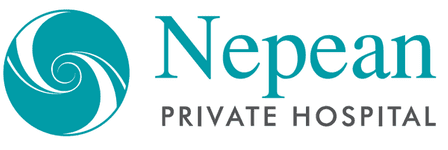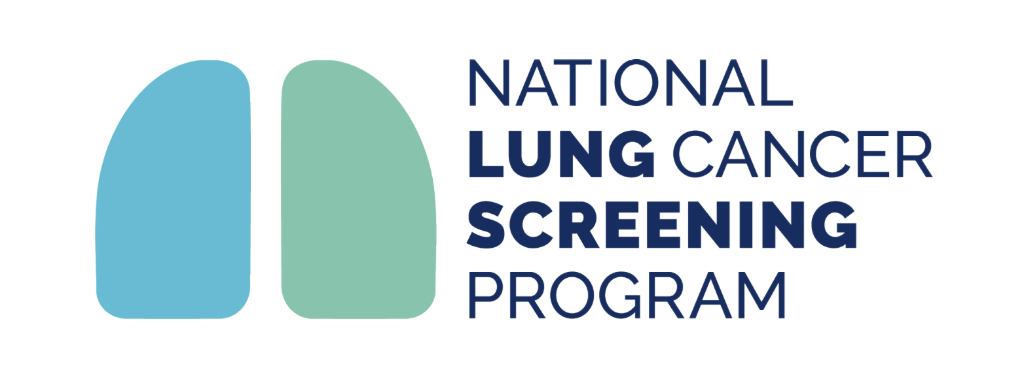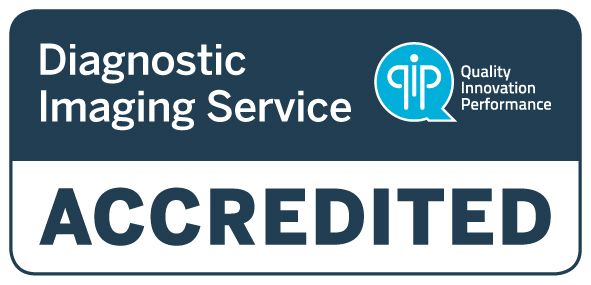CT Calcium Scoring
What is Coronary Artery Calcium Scoring (CACS)?
Coronary Artery Calcium Scoring (CACS), also known as a CT calcium score, is a fast and easy 15-minute scan that measures the amount of calcium buildup in your heart's arteries. This score helps us estimate your risk of a future heart attack or stroke. Knowing your risk is the first step towards lowering it. By discussing your score with your doctor, you can work together to take steps to protect your heart health.
It's worth knowing that a significant number of Australians over 45 have a higher risk of heart attack or stroke in the next five years. If you're in this age group, a regular heart health check with your GP is a great idea. They can check things like your cholesterol, blood sugar, and blood pressure, and if needed, they might suggest a CT calcium score.
What preparation is required before a CACS?
Most preparation for the test is designed to reduce your heart rate as much as possible. The slower your heart rate, the better the scan. You may be instructed to fast for 4 hours and avoid caffeine and other stimulants on the day of your procedure.
What to wear for a CACS?
You should also avoid clothes with zippers or metal buttons.
You may be asked to remove any clothing obstructing the area to be scanned and given a hospital gown to wear instead, so you should try and wear something that is comfortable and easy to remove.
You will be asked to remove any metallic items, such as jewellery, watches, eyewear and belts, as these items can show up on the CT scans. It may be best to leave jewellery at home.
What happens during the procedure?
The actual scan itself typically takes around 10-15 minutes to complete.
After being escorted to the procedure room, you will be asked to lie down on the CT table with your feet towards the opening of the machine.
You will also be connected to an electrocardiogram (ECG) machine during the procedure, via small patches placed on your chest. This monitors and records your heart rate, helping the CT scanner co-ordinate taking the images according to your heart rhythm.
What happens after the procedure?
After the procedure, you will usually be able to return to normal activity immediately.
Your Results
Once your examination is complete, you'll find the most important images from your scan on our Patient Portal. Your referring doctor will also receive a report and all the images directly from us. Nepean Diagnostics will keep a secure digital record of your scans, which can be helpful for comparing with any future follow-up examinations.
It's crucial that you schedule a follow-up appointment with your doctor to review your examination results. They need to know the outcome, whether it's normal or if there are any findings, so they can create a plan for your care.





